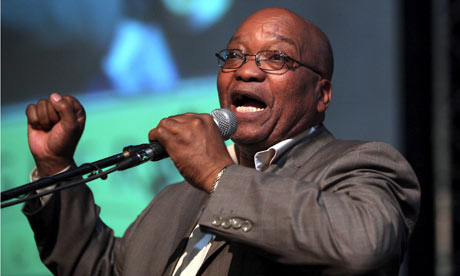
Cape Coast, Ghana, is among the most historic cities of Africa. The region has been variously known as the Gold Coast and the Slave Coast because it was one of the principle departure points for the "Middle Passage" of the slave trade.
Today it boasts some of the finest secondary schools in Ghana as well as the renowned Cape Coast University. One of Ghana's most distinguished citizens,
Kofi Annan, the seventh Secretary General of the United Nations, attended the
Mfantsipim school here before receiving Ford Foundation grants allowing him to attend University abroad.
Cape Coast has built a strong "African Roots" tourist trade around the notorious historical sites of the slave trade, most notably Cape Castle (above right). The tenor of the tourism business is a respectful mix of commerce and education and the tours of Cape Castle - especially if you are fortunate enough to get one of the better guides - are an emotional roller coaster that you will never forget.
Another major commercial enterprise of Cape Coast is its fishing fleet, whose colorful boats not only serve to sustain many in Cape Coast but make for some of the most interesting photograpy in all of Ghana. The largest component of Cape Coast's fishing fleet can be found in the area adjacent to the Cape Castle but many smaller enclaves of boats are found scattered along the coast in both directions.

The Cape Coast fishing fleet after returning
to land during a storm that swept the coast
in 2007. Photo by Wayne D. King











